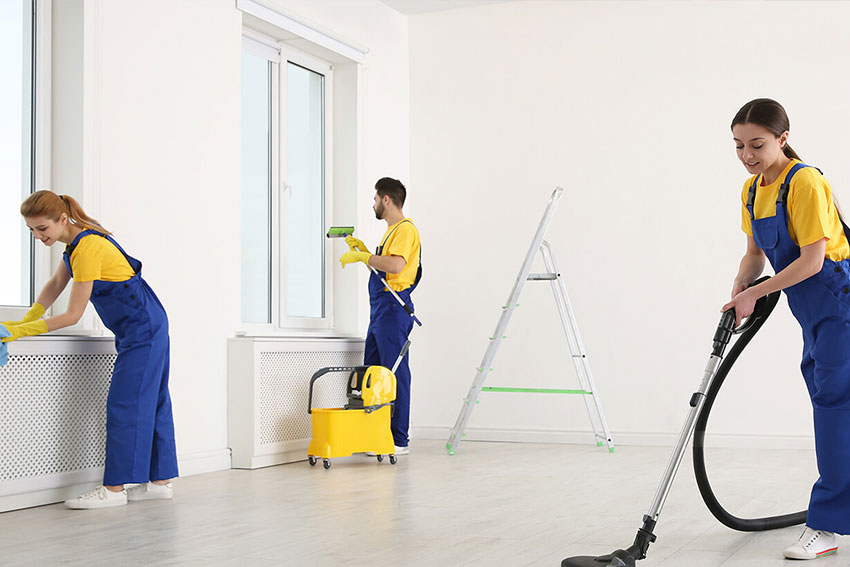How to Tell If You Have an Oil Leak?

Did you know that 1.6 million households across the UK currently use oil to heat their homes? And a large percentage of those homes are in rural areas, with many relying on an oil tank for their heating supply.
There are several benefits to using oil to heat your home; since it burns hotter, it will typically warm your home up quickly and requires less fuel. However, having an oil tank on your property, whether indoors or outdoors does come with its own unique risks.
If an oil leak occurs on your property, this can be very dangerous, costly and difficult to clean up. As such, it’s important that you spot and tackle the problem as soon as possible.
If you’re fortunate enough to have never experienced this before, you might be unaware of how to spot a leak. Below, we’ll highlight the top tell-tale signs, so you can quickly recognize if you have an oil leak at your home.
Your Heating Bill Increases:
Aside from unavoidable increases in oil prices, a drastic rise in your heating bill should be one of the biggest indicators that something is wrong. Although most oil leaks are typically slow and steady, you will eventually notice an increase in your bill month on month.
So, if there is no reason why your bill should be rising, i.e. you’re not using the heating any more than usual, you probably have a leak. This is particularly true if you notice this increase during the warmer summer months when you don’t need to heat your home using oil.
If this is the case, you need to investigate your oil tank as soon as possible.
You Can Smell Oil
One of the most obvious signs of an oil leak is the smell. As the oil is released from the tank, a strong oily smell will start to escape from the cupboard, utilities room or location where it is stored. Of course, this can be trickier to notice if your tank is located in the garden, especially if it is some distance from the house.
However, as the oil leaks into the surrounding soil, it will begin to emit a strong smell. Being aware of what this smells like can help you to recognise a leak much quicker. And if you regularly check your tank (as you should) be sure to stay alert for that distinct smell.
You Notice Black Oily Stains
The next red flag you need to look out for is black oily stains around the tank. These could be on the ground, underneath or on the tank supports. As this requires you to actively look for the stains, you will only notice this if you are actively looking. This is why it is so important to check your oil tank frequently to make sure nothing is wrong.
Nearby Vegetation is Dying
If your oil tank is outdoors, as so many are, an oil leak will slowly soak into the surrounding soil. This can be very damaging to the nearby vegetation. Therefore, if you notice that the grass or any plants nearby are beginning to die or have died, this is a sign that you have an oil leak.
You Start to Feel Unwell

One of the reasons an oil leak in your home can be so risky is that oil gives off dangerous fumes. This means that over time an oil leak can cause health problems. These symptoms could include headaches, nausea, sore throat, rashes or a drunk/fuzzy feeling in your head. If you begin to notice any symptoms like this that have no other cause or that begin to occur too regularly, you should check your tank.
Though you are more likely to suffer from health issues if your oil tank is inside the house, this can affect you even if it is outdoors and the leak goes on for long enough.
The Water Supply is Tainted
Finally, one of the worst-case scenarios, and often only a result of a very lengthy and slow oil leak, is a tainted water supply. As the oil penetrates the ground, it can affect any nearby underground pipes and get into the water supply.
If the water becomes contaminated with oil, it can have a greasy appearance or strange colour, or you might possibly notice an oily smell when you run the tap. Of course, the water will also taste bad and should not be consumed if you notice something is wrong! This could be a very obvious sign of an oil leak at your home.
If this happens, you might also find that your neighbour’s water supply is contaminated too. It might even be them that raise the red flag in the first place. However, this is usually a worst-case scenario and doesn’t happen very often. But it’s still worth keeping in mind.
How to Prevent an Oil Leak?
As we’ve mentioned above, the best way to spot a leak is to regularly check your tank and look out for the signs we’ve outlined above. Regularly checking your oil tank is also an important way to prevent an oil leak, as you’ll be able to spot damage, cracks or deterioration of the tank much quicker.
And you know what they say, prevention is better than cure. Some other ways to prevent an oil leak are to make sure that your tank is located in a suitable location on your property and that it is protected from the elements as much as possible. It’s also a good idea to try and keep this away from water supplies or running water whenever possible.
What’s more, it is crucial that you regularly have your tank serviced and checked over by professionals. They will be better equipped to notice signs of possible damage and to address this quickly and professionally.
Lastly, it’s important that you familiarize yourself with your oil tank and the pipe network it’s attached to. This way, you can make sure you don’t accidentally damage the pipes, for example, by using stakes or shovels when gardening.







